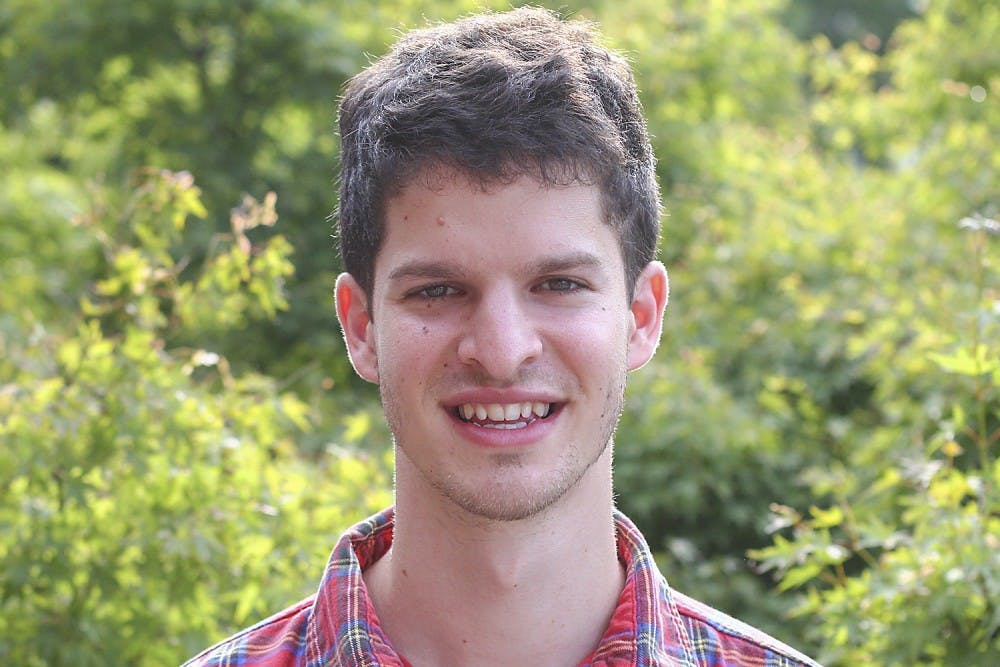We are living in an important time when the justice system is beginning to be publicly scrutinized. At stake are questions of race, class and innocence.
In search of a means by which to further my understanding of these issues, I started listening to the podcast “Serial,” a spinoff of the popular radio program “This American Life.”
If you’re not already hip to “Serial,” let me save you from Wikipedia spoilers. Sarah Koenig — the lead journalist, voice and cult hero behind “Serial” — is reinvestigating the 1999 murder of Hae Min Lee, a high school student, in Baltimore County, Md. Adnan Syed, Lee’s ex-boyfriend, was convicted despite a lack of physical evidence and is serving a life sentence.
During its first season, Serial obtained widespread critical acclaim, as well as a massive following — the 12 episodes averaged 3.4 million downloads each when it concluded in December. Koenig combined a nose for dramatic storytelling with an obsessive attention to detail and a convenient podcast format. She should be commended for exploring and challenging her own biases in the case.
But ultimately, I felt profoundly let down by the podcast’s narrative decisions. Koenig was so intently focused on the who-dun-it format of teasing out the perpetrator of the murder, that broader questions of the justice system were rarely — and even then, only passingly — addressed.
For example, Koenig regularly ruminates about whether someone as charming as Syed could commit a heinous murder, but never once questions whether a 17-year-old boy should be allowed to be given a life sentence, as he was.
She quickly dismisses Syed’s mother’s contention that racial bias played a major role in jury deliberations. One could listen to the combined eight-and-a-half-hour duration of a podcast all about a crime in America and learn very little about crime in America.
This is especially disappointing in juxtaposition to the conversation forming around the grand jury decisions in the killings of Eric Garner and Michael Brown.




